Cloning, cloning, cloning

The variety of processes that can be used to produce genetically identical copies of a biological entity is called cloning, the copied material, which has the same genetic makeup as the original, is known as a clone. Various researchers have cloned a wide variety of biological materials including genes, cells, tissues, and even entire organisms.
In nature, some plants and single-celled organisms (such as bacteria) produce genetically identical offspring through a process called asexual reproduction, in which type of reproduction a new individual is generated from a single cell copy of the parent organism. Natural clones, like identical twins, occur in humans and other mammals and are produced when a fertilized egg splits, creating two or more embryos that carry nearly identical DNA; they have the same genetic composition as the other but are genetically different from the parents.
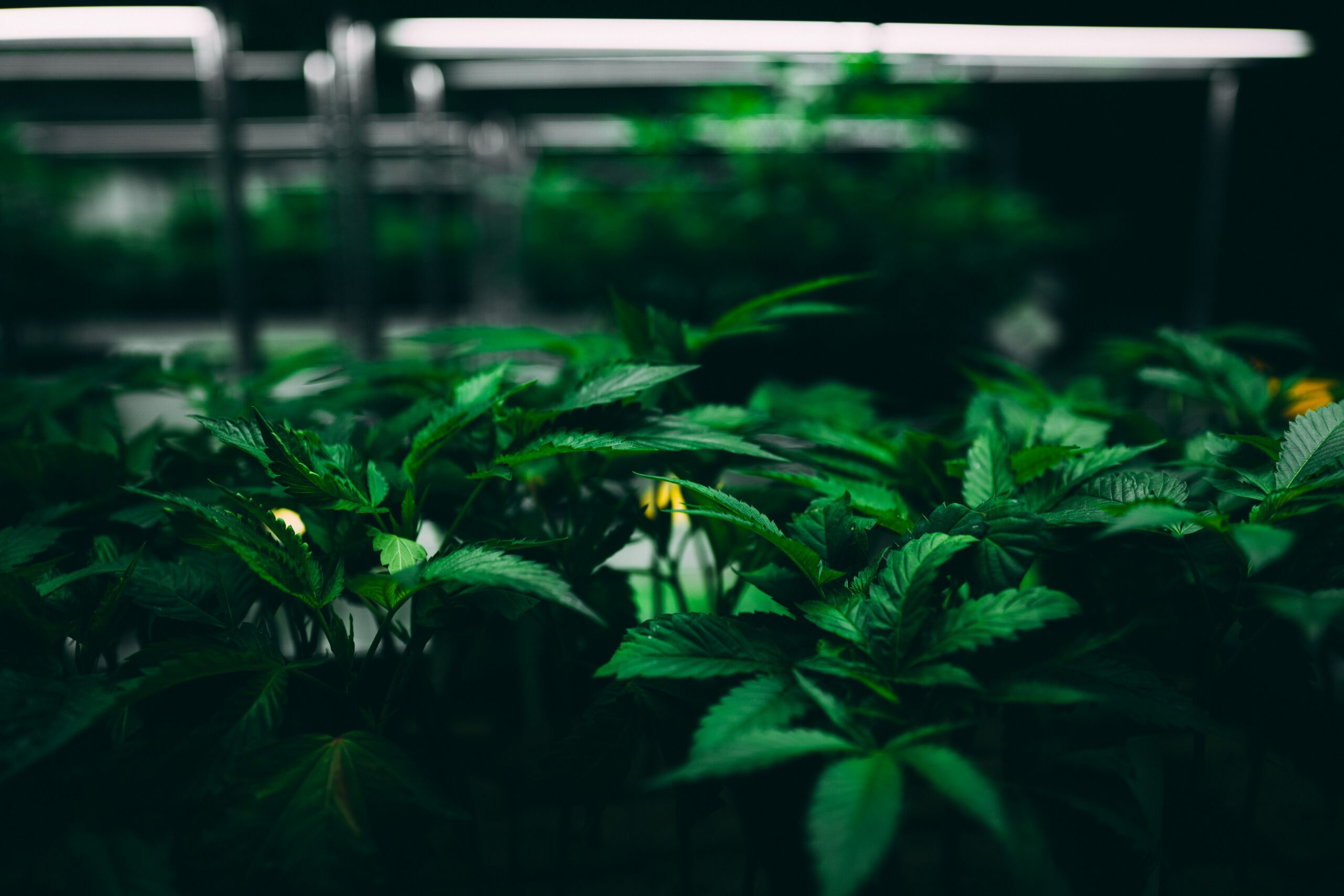
There are three types of artificial cloning
- Gene Cloning produces copies of genes or segments of DNA
- Reproductive cloning produces copies of whole animals
- Therapeutic Cloning produces embryonic stem cells for experiments aimed at creating tissue to replace injured or affected tissue
In reproductive (animal) cloning, researchers remove a somatic cell (any cell in the body, except reproductive cells), such as a skin cell, from an animal they wish to copy; they then transfer the DNA from the donor animal’s somatic cell into an egg, which has had its own DNA-containing nucleus removed. The egg is allowed to develop into an embryo in the early stages in the test tube, and is then implanted in the womb of an adult female animal. Finally, the adult female gives birth to an animal that has the same genetic makeup as the animal that donated the Somali cell. In this type of cloning, a surrogate mother is required to make possible the development of the cloned embryo.
We ask ourselves what is the use of cloning animals? It can be beneficial in different fields such as medicine and agriculture, for example Dolly the sheep that was cloned by the Scots was genetically modified to produce milk that contains a human protein essential for blood clotting, another benefit is to evaluate drugs and treatment strategies , or to produce populations of animals in danger of extinction.
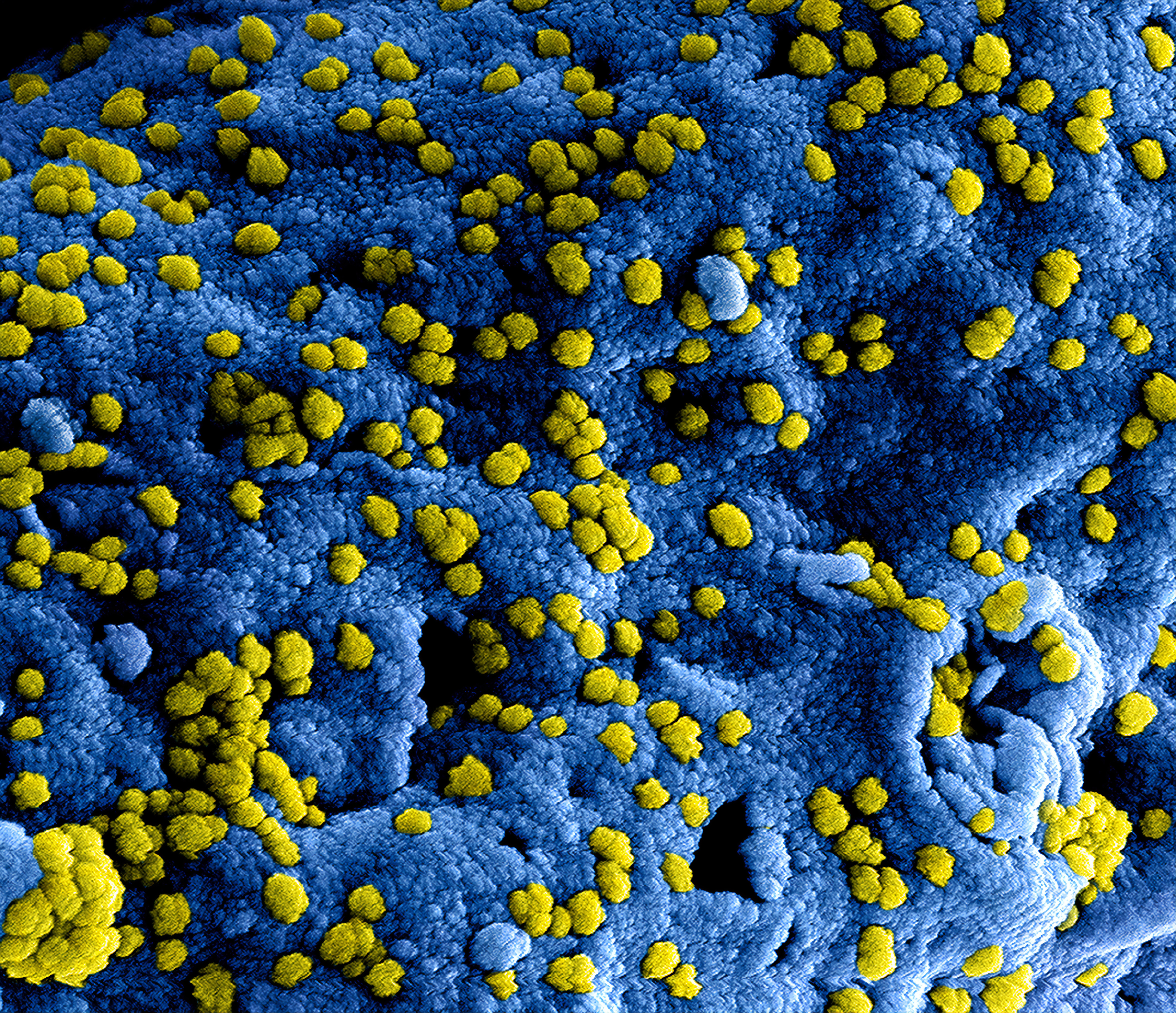
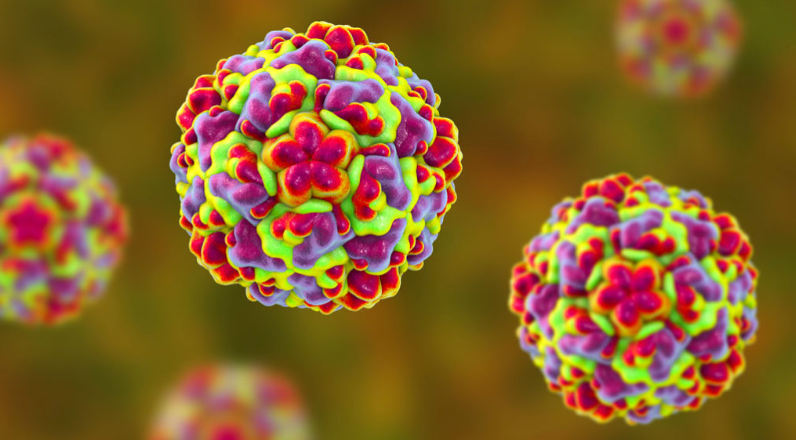
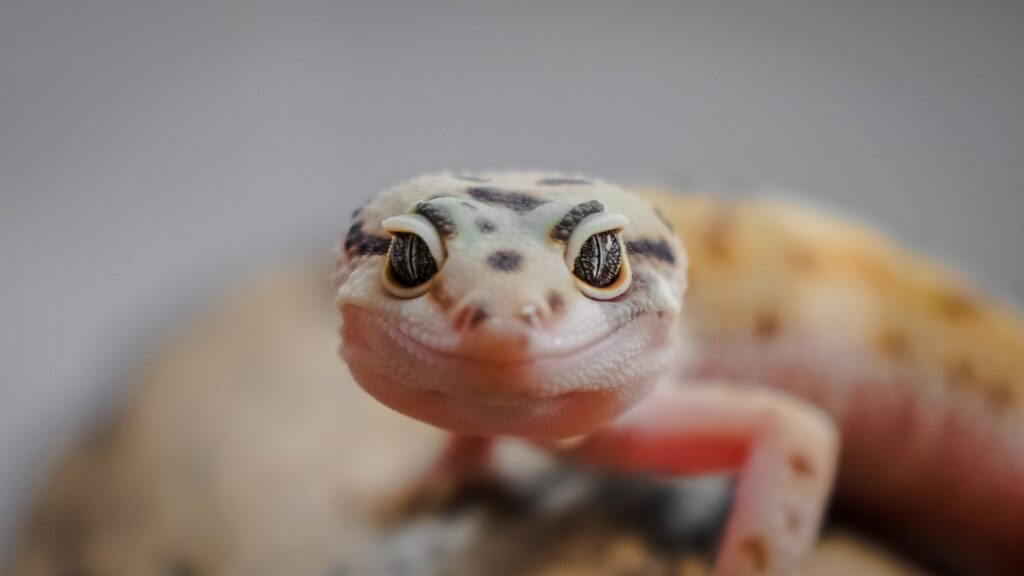
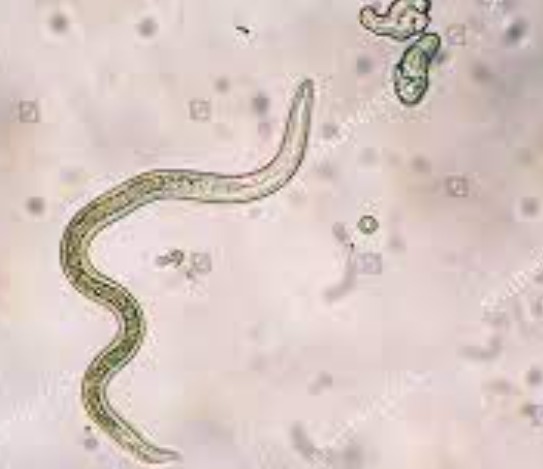

Responses